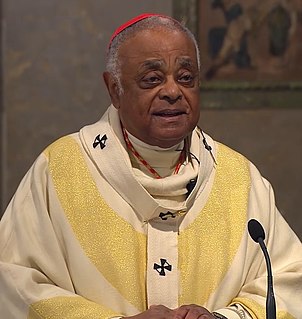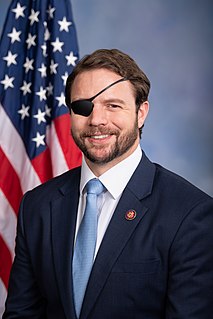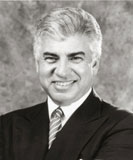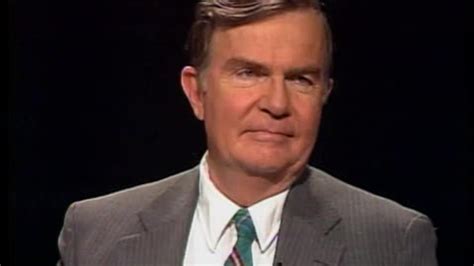A Quote by Thom Mayne
So at a time in which the media give the public everything it wants and desires, maybe art should adopt a much more aggressive attitude towards the public. I myself am very much inclined to take this position.
Related Quotes
When I travel with my kids abroad, I am not myself, but I'm more a father who wants to protect them. Sometimes, I am even aggressive about certain things and get surprised seeing myself like that: for instance, when people want to take pictures of them. I am fine if they want to take my pictures, but they are not public property.
When I am directing, it is much, much, much, much, much different. I'm a much more practical person in the world, I show up on time, I am very rigorous about scheduling, and I am very focused. But when I'm writing I am just a big, irresponsible mess and I'm just impossible to get in touch with, and I don't spend time with friends.
I confess . . . that I am not myself very much concerned with the question of influence, or with those publicists who have impressed their names upon the public by catching the morning tide and rowing very vast in the direction in which the current was flowing; but rather that there should always be a few writers preoccupied in penetrating to the core of the matter, in trying to arrive at the truth and to set it forth, without too much hope, without ambition to alter the immediate course of affairs, and without being downcast or defeated when nothing appears to ensue.
I have looked at public opinion polls in France in the late 1940s and early 1950s during the height of Marshall Plan aid. They had a very negative attitude towards the United States then. There were negative attitudes towards the United States because of Vietnam. There were negative attitudes about the United States when Reagan wanted to deploy intermediate range ballistic missiles. I don't think the president should base his foreign policy on American public opinion polls, let alone foreign public opinion polls.
To the distracting occupations belong especially my lecture courses which I am holding this winter for the first time, and which now cost much more of my time than I like. Meanwhile I hope that the second time this expenditure of time will be much less, otherwise I would never be able to reconcile myself to it, even practical (astronomical) work must give far more satisfaction than if one brings up to B a couple more mediocre heads which otherwise would have stopped at A.
[The American public demands] a sense of legitimacy from and in the presidency. There is more to this than dignity, more than propriety. The president is expected to personify our betterness in an inspiring way, to express in what he does and is, not just what he says, a moral idealism which, in much of the public mind, is the very opposite of politics.








































